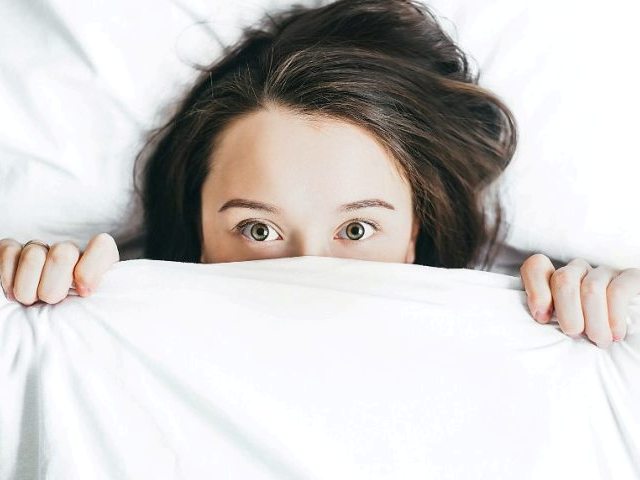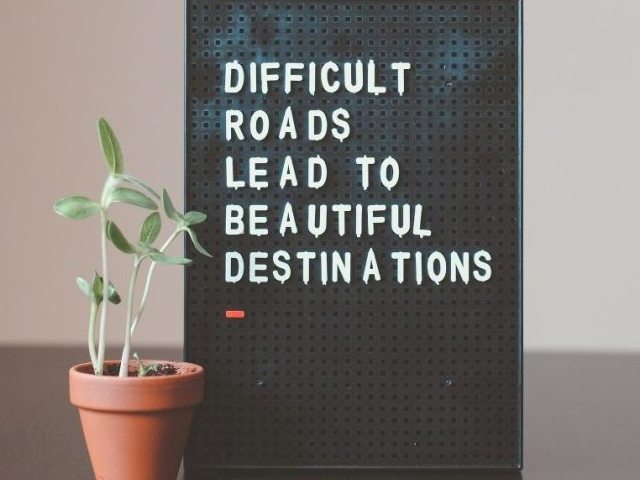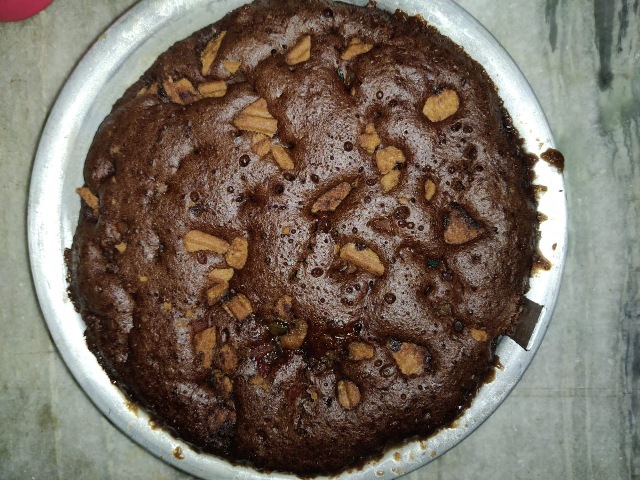5 Ways to Improve Sleep
Sleep is so essential for good health and a happy life it cannot be overstated. As you might have already noticed, your day goes much better when preceded by a great sleep the night before. If we can get good sleep as the norm and not the exception, the quality of our waking lives would be greatly improved. Great sleep translates to more energy, creativity and positivity, which in turn will greatly improve your success in career and relationships.
For many of us though, a good night’s sleep is a hit-or-miss proposition. It doesn’t always come easily to us. In fact, we can be our own worst enemy and do things that actually make us sleep worse. It is so desirable to make a good night’s sleep a repeatable event, you may want to adopt a few tricks and habits. At the end of this article is a way to fall asleep quickly without drugs, alcohol or medication. Don’t miss it.
1. Commit to 8 hours sleep
Now many people believe that they can get by with less than eight hours sleep. As long as they get 5 or 6 good hours, they are good for the day. But is this true? The Mayo Clinic disagrees. Most adults need eight hours of sleep. Some need only seven. End of story.
To get maximum health and energy benefits, I implore you to make a commitment to get at least eight hours of sleep a night. Every night. You may be very busy and find this impossible. However, for many situations, it is actually not “impossible.” An extra workload, child-rearing responsibilities and study can often be rescheduled, better scheduled or even passed off to someone else occasionally. A little thought in this area can go a long way.
Especially in the area of knowledge work, proper sleep is essential. Have you ever tried staying up late to accomplish some office work, computer work, or studying, only to find that the next day, after a decent rest, you were much better at performing the same tasks? In this case, sleeping more can actually make you more productive!
2. Keep your bedroom cool
An important aspect of sleep is sleeping continuously. Long stretches of sleep are important, because you are more likely to enjoy longer periods of the invaluable REM during continuous sleeping than during interrupted sleep.
One way sleep gets interrupted is by being in a room that is too warm. Make every effort to keep your room around 72 degrees. From this suggested baseline, find the temperature that is optimum for you. You can judge by noticing how long you stay asleep at different temperatures.
3. Go to bed before 10 pm every night
It is believed via an Indian system of medicine, Ayurveda, that the human body goes through different cycles throughout each day at roughly the same times every day. This is confirmed in modern science via circadian rhythms. Each day, our bodies go through highs and lows in mental activity, physical prowess, and autonomic functions.
From 6pm to 10pm, there is no doubt that our bodies slow down. Mental activity drops. It turns out that if we can get ourselves to sleep before 10pm, we can start to get rest before the dreaded 10pm – 2am period. If you are awake in this period, it is believed that your body will catch a second wind, and become fiery again, but at the expense of missing out on healing sleep.
Conversely, being able to wake up between 6am and 10am ushers your body into a time period where the body can wake up first, as opposed to the mind. You can do physical activities like showering and eating breakfast, and be at your peak for when your brain starts to warm up after 10am.
4. No electronics 1 hour before bed
In our house, we call them “screens.” Any laptop, desktop, TV, smartphone, tablet, and handheld game console emits a glowing screen that can interfere with our brain patterns. After 30 minutes or more of continuous use, we might experience a mild, agitated state when we re-enter the “real” world. The worst case scenario is using the laptop in bed, closing it up, and hitting the pillow. It will be difficult to fall asleep, and even more difficult to get a restful sleep within that first hour. You also may find yourself waking up within that first hour. Just try closing up all your screens an hour before bed for a week, and see what the benefits for you are.
5. A way to fall asleep
All the advice in the world about sleeping does no good if you can’t fall asleep in the first place! There are many causes for insomnia, both physical and psychological. I will not address any of them here. Instead, I’ll just give you something to try for the next time you are faced with being awake when you don’t want to be awake:
You will use your attention in two modes, going back and forth, until you fall asleep. The first mode is physical. Put all your attention on the physical world. Start with your own body. Notice all your physical comforts and pains and aches. Feel the way your body is positioned. Notice any other physical sensations. If you sleep with someone, notice their position and anything else. Also notice any sounds, cool or warm sensations, and anything else that is happening to you.
The second mode is “metaphysical.” In this mode, focus your awareness on that part of you that is not physical. Your thoughts, your feelings, your soul, your aura. Whatever you can detect about yourself that is not physical, put your attention on that. If you are able to, also notice the non-physicality aspects of your sleeping partner.
The technique goes like this. Go into your preferred sleep position and close your eyes. For approximately 30 seconds, go into “physical” mode. Then, for the next 30 seconds, switch to “metaphysical” mode. Then keep going back and forth until you are asleep. Do not open your eyes to time yourself; it’s not necessary. Whether you take 20 seconds or accidentally spend 5 minutes in one mode, gently get yourself to shift to the other mode.
This back-and-forth movement of your attention can get you to sleep surprisingly quickly. It doesn’t cost anything and there are no side effects, and nobody needs to know you’re even doing it! Give it a sincere try and see if it can help you.
The most important step to take to achieve great sleep is to commit to trying different things. No two people are alike, so different things work for different people. Be brave enough and persistent enough to try something, from beginning to end, to see if there are any benefits for you.
About Author
Philip Stylianos is an evangelist for good sleep habits as well as the VP of Product at realtweeter.com, a fun site showing the best of Twitter, the top tweets updated continuously, and showcasing the top celebrities on Twitter from the U.S. and all over the world.










Sleep is important. I thought there will be a point for ‘dark’ room too! I can’t sleep with light!
Haha not many people can! Tried to highlight some lesser known tricks in this article.
That’s a good one. I really liked the physical vs the metaphysical. Resonates with some of my thoughts. I taste FUNDAMENTAL HAPPINESS, but am a light sleeper since childhood. Will follow you. 🙂 – Deepak
I used to be a light sleeper too . . . realizing that much of it is in the mind and that barriers like light sleeping can be let go of really helps.
Nice tips for a Great sleep with Sweet Dreams! 😀
People are becoming health conscious these days. Just eating right is not the way to achieve good health. Sleep is a must which many are ignorant about. This was a nice and useful read
🙂